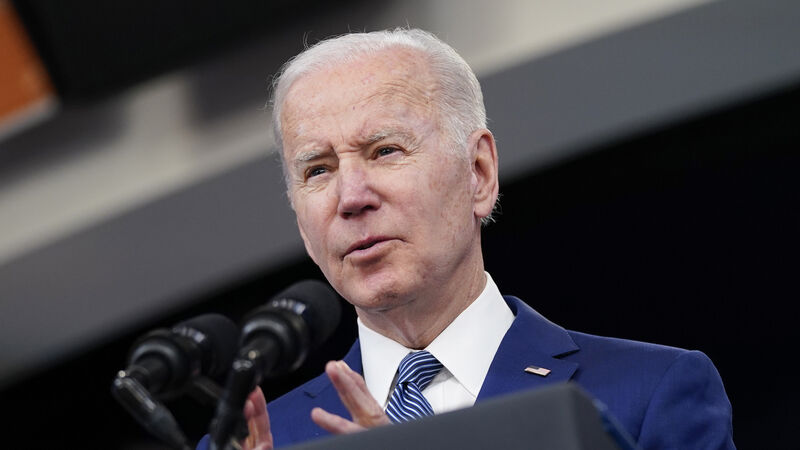John Whelan: Irish exporters will need more compliance guidance over Russian sanctions

US and EU sanctions on Russia may be a headache for Irish firms.
Companies that do business directly or indirectly with Russia are struggling due to the wide-ranging sanctions imposed on the country for its invasion of Ukraine.
The sanctions by nations around the world are the most severe ever to have been imposed in this co-ordinated manner and are having an immediate extra-territorial impact on businesses globally.















